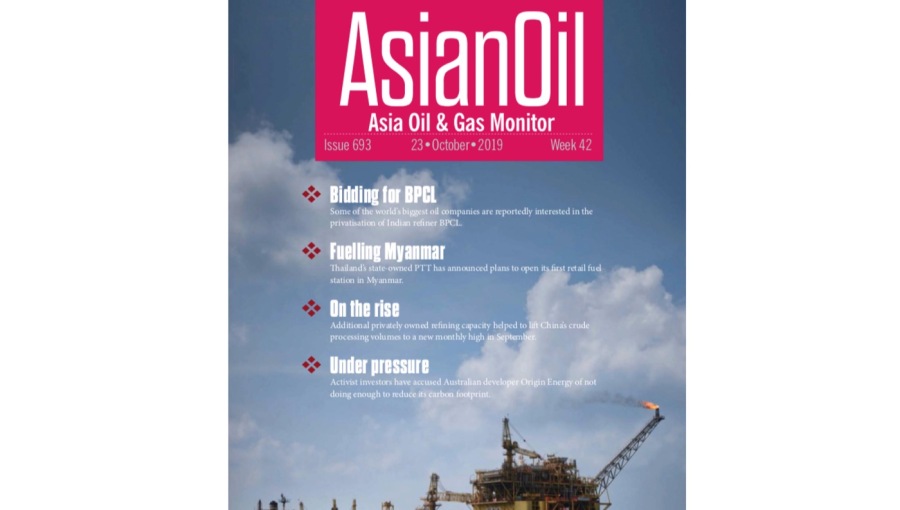AsianOil: IOC plans Panipat refinery expansion

State-run refiner Indian Oil Corp. (IOC) has unveiled a multi-billion-dollar plan to expand the capacity of its Panipat refinery by 200,000 barrels per day.
The company said on February 26 that it would invest INR329.46bn ($4.49bn) to increase the facility’s capacity to 500,000 bpd by September 2024. IOC also intends to install catalytic dewaxing and polypropylene units at the facility.
The country’s largest refiner said the expansion would expand petrochemicals and value-added product production, helping to boost margins and to “de-risk” its conventional fuel business.
In addition to the Panipat refinery expansion the company is also trying to secure land to expand its Haldia refinery.
IOC said on February 26 that Indian Minister of Petroleum and Natural Gas Dharmendra Pradhan had called on other government departments to help the refiner secure 175 acres (70.8 hectares) of land for the project. The downstream operator intends to upgrade Haldia’s crude processing capacity from 2.5mn tonnes per year (50,000 bpd) to 8mn tpy (160,000 bpd), while also improving the quality of the fuels, lubricants and specialty products it produces.
The land, which is adjacent to the refinery, is currently being leased by Hindustan Fertilizers Corporation Ltd (HFCL) from Syama Prasad Mookerjee (SMP) Port Trust. Pradhan wrote to the Minister of Chemicals and Fertilizers D V Sadanand Gowda and Minister of State for Ports, Shipping & Waterways Mansukh Mandaviya saying that the Haldia expansion would improve the country’s oil product self-reliance.
He added that Haldia’s ability to upgrade its facilities to meet Bharat Stage VI standards had been hampered by space constraints, noting that IOC had been forced to dismantle pre-existing storage tanks in order to carry out modernisation work.
IOC’s expansion efforts are in line with the Indian government’s stated goal of doubling current national refining capacity of 5mn bpd by 2030. New Delhi wants to stimulate a domestic manufacturing renaissance, which is in turn expected to stimulate local demand for high quality fuels and specialty products.


Follow us online